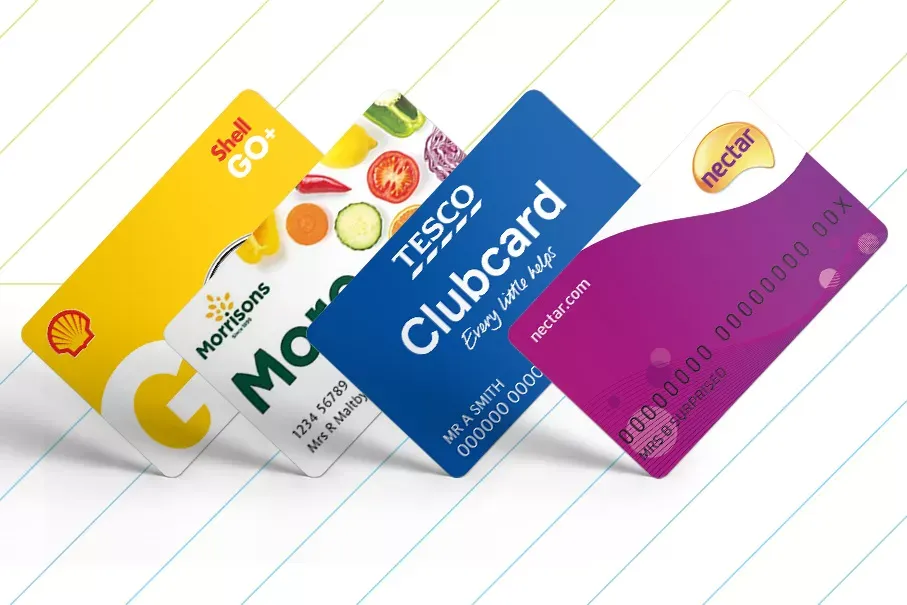21/04/2016

As a fleet manager, you’ll know your role has become increasingly financial. The demands on fleet managers to successfully balance vehicle acquisition and related assets increase with each passing year. If the end of this financial year has left you stressed-out and finding it hard to cope, you’ll benefit from the information in this article. Read on for tips on effective budgeting. You’ll also find out what the Chancellor’s Spring Budget means for your fleet.
Wise year-end spending
Did you spend the final weeks of your financial year wondering what to buy with the remainder of your budget? Year-end spending is notoriously unfocused, and can result in a slew of pointless purchases. Think about diverting end-of-year spending into programmes that offer long-term benefits. Invest in extra safety training, or fleet management software.
Recognise budget forces
Budgeting isn’t a concrete process. External factors affect your budget, and they are constantly in flux. It’s important to plan for the future in a way that takes account of the fluid nature of the forces at play.
Compare your previous year’s budget with the actual expenditure for that year. The difference in the two sets of figures is a good indicator of the ways in which these forces act on your spending. Determine the reasons for the difference, and you can begin to make assumptions about the costs your fleet will incur during the next financial year.
What the Spring Budget means for your fleet
Your initial cost assumptions for 2016-2017 will be shaped by the Spring Budget.
Fuel duty remains frozen, alleviating concerns that the tax may rise in step with inflation. If you’ve been purchasing low-emission cars for your fleet, your 100% First Year Allowance (FYA) has been extended until 2021. FYA thresholds have fallen, however, so low-emission vehicles purchased must produce no more than 50g/km of CO2 (starting in April 2018).
Diesel company vehicles are subject to a 3% surcharge on company car tax. And for all vehicles with emissions greater than 75g/km, company car tax rises by 2% per annum. In 2019, company car tax will rise by 3%.
Vehicle Excise Duty rises in line with inflation.
If you provide free fuel to employees, the benefit charges have risen to £598 for vans and £22,200 for company cars. If your drivers are allowed private use of fleet vehicles, their van benefit charge rises to £3,170.
fuelGenie cards make budgeting easier
fuelGenie cards do away with receipts, making it much easier to keep track of your fleet’s fuel spending over the coming financial year. Use your online fuel consumption data to manage your 2016-2017 fleet budget with fewer headaches, and in a less time-consuming way.
How will you be managing your 2016-2017 budget? Let us know on LinkedIn and Twitter.


